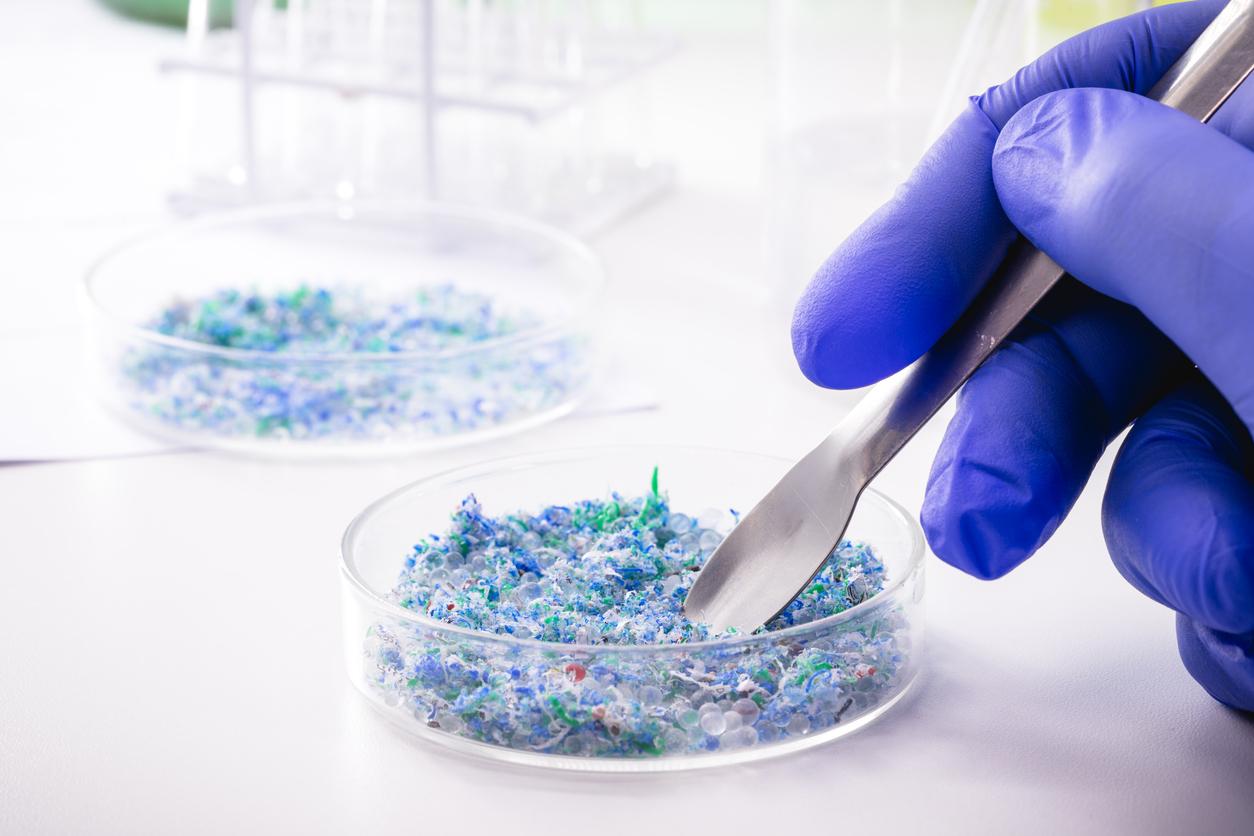Researchers have found microplastics in the clogged arteries of more than half of heart disease patients, increasing the risk of heart attacks, strokes and death.

- Researchers have discovered the presence of microplastics in the fatty plaques of nearly 60% of patients with blocked arteries.
- They would be twice as likely to have heart attacks, strokes and death.
- They also had higher levels of inflammatory markers.
A human being ingests around 100,000 microplastics each year, estimates the World Wildlife Fund (WWF). Per week, this equates to five grams of plastic, the amount of microplastics contained in a credit card. Research is therefore being carried out to understand their impact on health, particularly that of the heart.
Microplastics in the clogged arteries of nearly 60% of patients
In a new study published in review New England Journal of Medicinescientists from the University of Campania, in Naples, Italy, believe that microplastics could impact heart health.
But what does “microplastic” mean? These are plastic fragments measuring between 5 millimeters and a few hundred nanometers, depending on the National Food Safety Agency (Anses), or 70 times smaller than the thickness of a hair.
During their research, the scientists more precisely wanted to measure the impact of microplastics on the risk heart attack, stroke and death. To do this, they followed 257 patients for 34 months and analyzed their fatty plaques – or atherosclerotic plaques – which form on the wall of the arteries and obstruct them.
Result: 58.4% of participants had polyethylene in their fatty plaques. Polyethylene is one of the most common plastics found in the environment, which was used for example in old single-use bags. 12.1% of patients also had polyvinyl chloride (PVC) in their fatty plaques.
Atherosclerotic plaques and microplastic: greater risk of heart attack or stroke
This presence of microplastics in blocked arteries is not without risk. Indeed, researchers observed that affected patients were twice as likely to have a heart attack, stroke or death from any cause. Additionally, scientists also found higher levels of inflammatory markers in patients who had microplastics in their blocked arteries.
“The benefits of plastic come with significant and increasingly visible costs to human health and the environment”, indicates Phillip Landrigan, American researcher from Boston College and Harvard University, author of a accompanying editorial of the study. He recommends that the population avoid, as much as possible, single-use plastics.

















